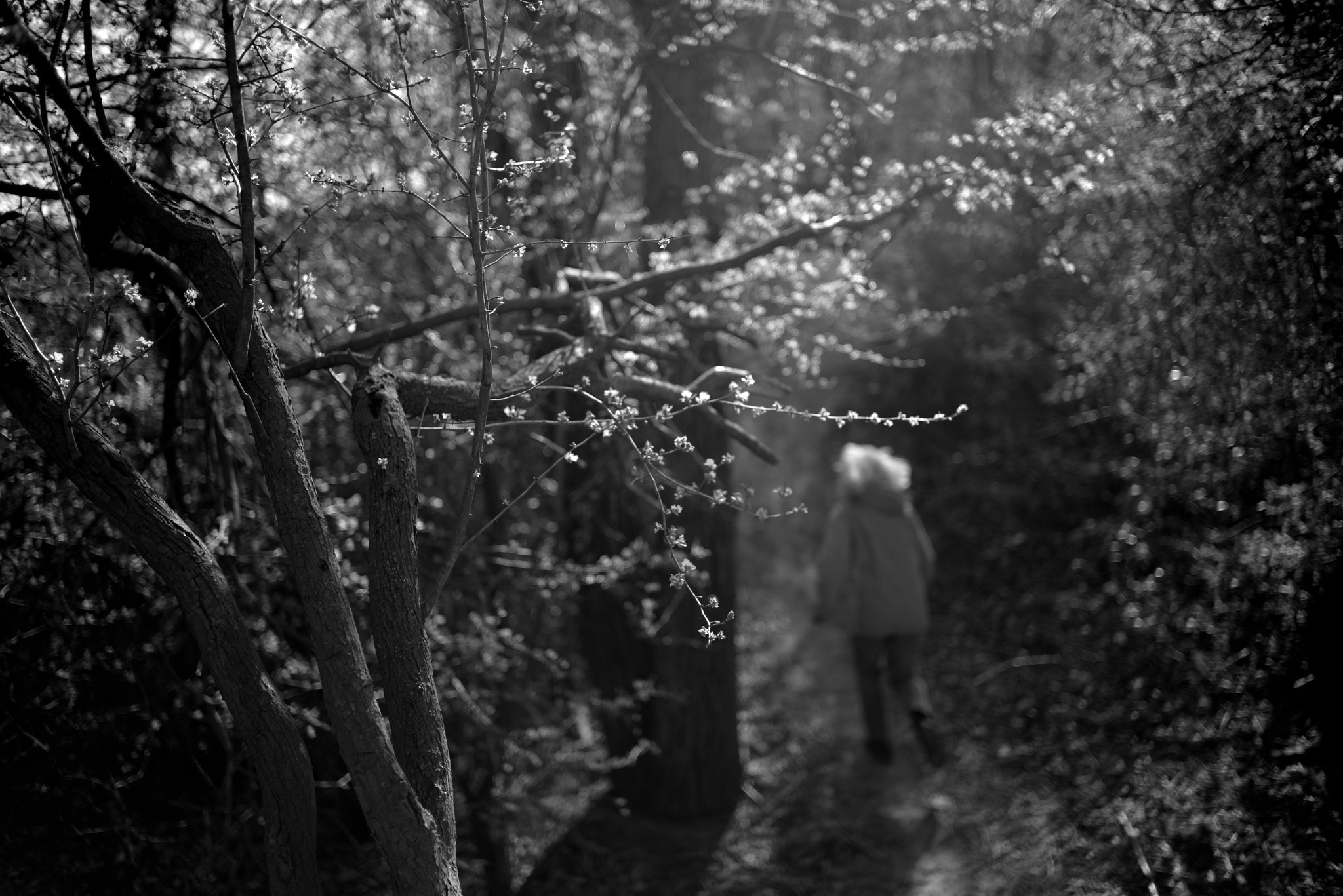
The South Suburban Council - Home
Disclaimer: The information contained on this website is for general info functions only. The data is provided by The South Suburban Council on Alcoholism and Substance Abuse and while we try to keep the information updated and proper, we make no representations or warranties of any variety, specific or implied, in regards to the completeness, accuracy, reliability, suitability or availability with respect to the web site or the knowledge, merchandise, services, or related graphics contained on the website for any objective. Any reliance you place on such data is due to this fact strictly at your own risk. Through this website, you'll be able to hyperlink to other web sites which aren't underneath the management of The South Suburban Council on Alcoholism and Substance Abuse. We don't have any management over the character, content material, and availability of those websites. The inclusion of any hyperlinks doesn't necessarily indicate a suggestion or endorse the views expressed within them. Every effort is made to keep the website up and operating smoothly. However, The South Suburban Council on Alcoholism and Substance Abuse takes no duty for, and is not going to be liable for, the website being briefly unavailable as a result of technical issues beyond our management. Conte nt has been created with G SA Content Generator DEMO.
Zack "Danger" Brown wanted to make some potato salad. Not as a business - just to try his hand at making the popular picnic dish. He figured he needed $10 to whip up a batch. So Brown launched a Kickstarter campaign on July 3, 2014, to fund his potato salad production (yes, actually). Brown's quirky crowdfunding campaign was a resounding success. Crowdfunding is a fashionable manner to raise cash. People use the Internet to advertise a product or mission they'd like to create, or a debt that wants repaying and ask donors around the globe for money to achieve their targets. Brown, for example, promised $1 donors that he'd thank them online, plus say their identify out loud while he concocted his potato salad. But typically donors are promised greater items, like a CD of the album donors are serving to the band to make, or Artifical Intelligence for a extremely large contribution, maybe a non-public assembly or dinner with the campaign founder. Not all projects are accepted on crowdfunding websites; every site has guidelines for which types of projects it should accept.

Con tent was generated wi th the help of GSA Cont ent Generator DEMO!
But sometimes the rules are cryptic. Don't think crowdfunding is an anomaly. In 2014, the observe grew 167 percent from 2013, with $16.2 billion raised versus $6.1 billion in 2013. Experts anticipate the trade to double once more in 2015, with some $34.Four billion being raised. While crowdfunding feels like an important concept, Art and Artifical Intelligence can be a comparatively seamless approach to finance a worthwhile project, most fail to garner enough assist. And relying on which platform you utilize, you might not get to keep the money raised unless you met your complete purpose. And from the donors' standpoint, there's at all times the likelihood that even if the challenge is absolutely funded, it does not see the light of day. You might imagine crowdfunding is a newfangled thing. The identify is, however the observe has been around for hundreds of years. In the 1700s, creator Jonathan Swift created the Irish Loan Fund, which lent small amounts of money to rural, low-revenue families for short intervals.
Fast-ahead to Bangladesh, 1976. Dr. Mohammad Yunus and his graduate college students joined forces on a analysis mission: lend small amounts of money to poor people so they may create companies and change into self-employed. The group first lent $27 to forty two girls. Within five years, the program had more than 30,000 members. In 1983, it formally grew to become Grameen Bank. In 2003, musician and composer Brian Camelio created ArtistShare, the primary official, devoted crowdfunding platform. ArtistShare linked artists and followers so the 2 groups could be part of forces within the inventive course of whereas additionally funding new creative works. People lent small quantities of money to entrepreneurs in growing international locations. Applicants submit a request for funds, along with their story, a photo and their credit danger. Today's effectively-identified crowdfunding site, Kickstarter, was launched in 2009 to assist people fund a challenge or product, akin to a CD, documentary, smart watch or, yes, NFT a batch of potato salad. Like ArtistShare, the funds raised aren't loans to be repaid.

Reviews